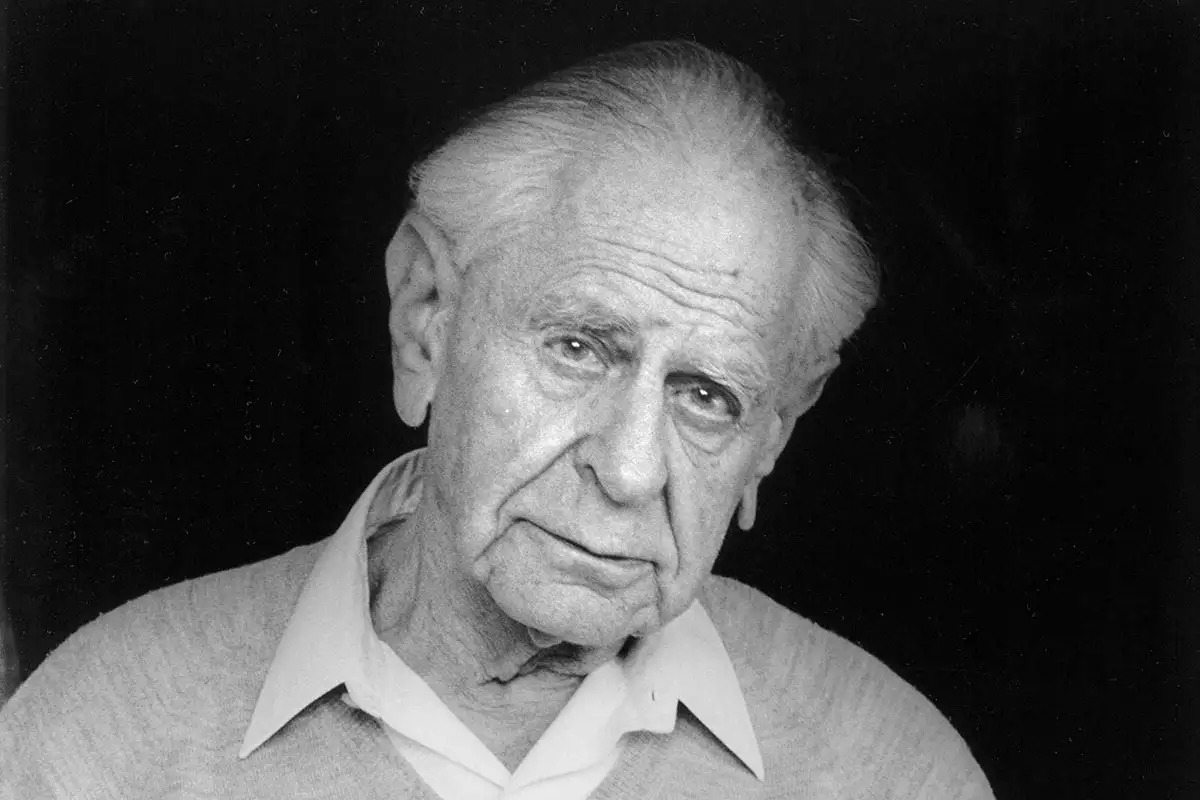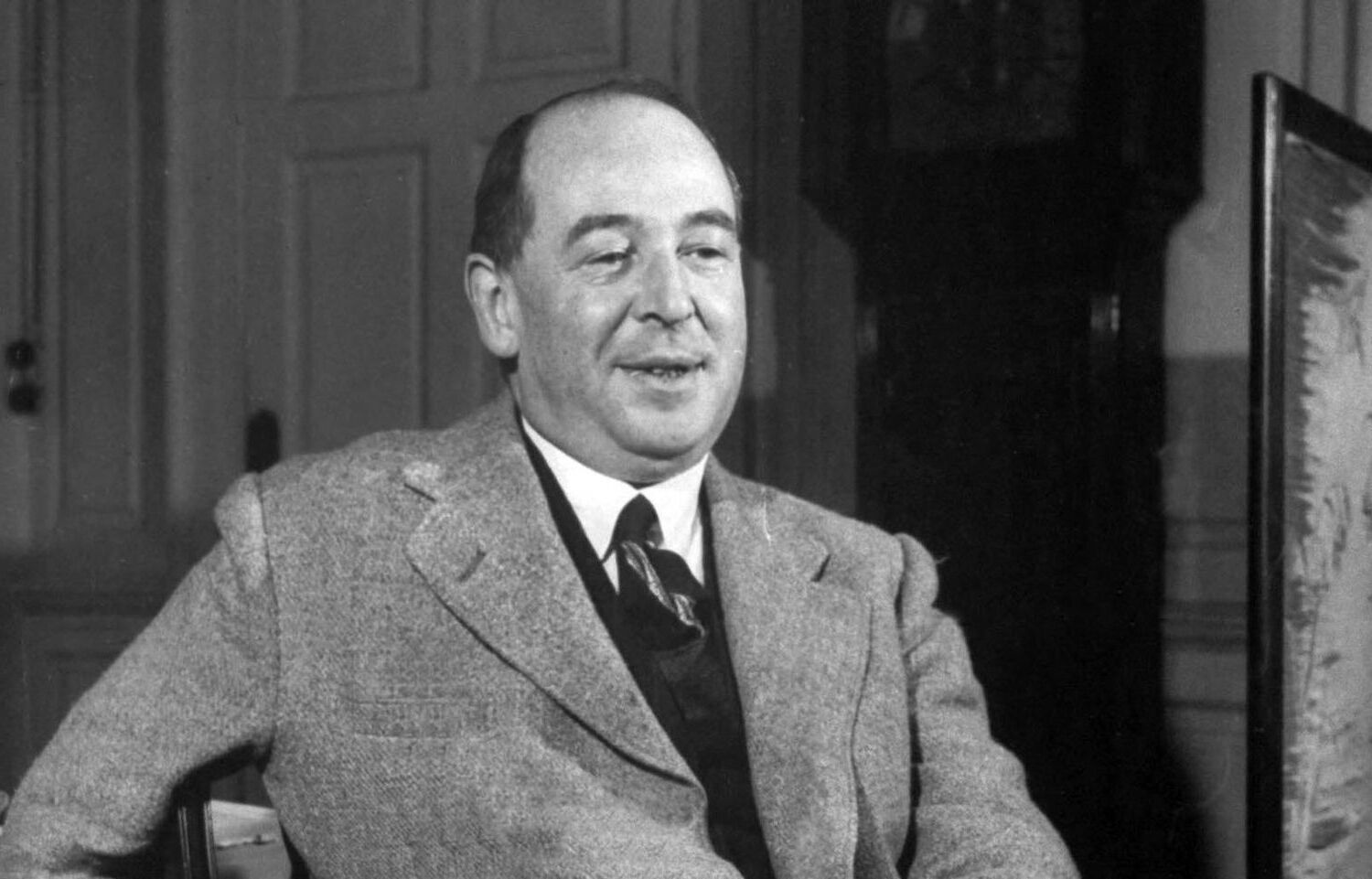
Karl Popper, born on July 28, 1902, in Vienna, Austria, was one of the most influential philosophers of the 20th century. His work focused on the philosophy of science and the nature of knowledge, making significant contributions that continue to shape our understanding of these areas. Popper’s ideas had a profound impact on various fields, including psychology, sociology, and political science.
In this article, we will delve into 13 fascinating facts about Karl Popper, shedding light on his life, achievements, and intellectual contributions. From his early years as a student to his groundbreaking theories on falsification and the scientific method, there are numerous intriguing aspects to explore. So, let’s embark on a journey to uncover the remarkable life and ideas of Karl Popper.
Key Takeaways:
- Karl Popper was a famous philosopher who believed that scientific theories should be testable and open to being disproven, revolutionizing the field of science.
- He escaped Nazi persecution and advocated for critical thinking, leaving a lasting impact on philosophy, science, and political theory.
Popper was a renowned philosopher of science.
Karl Popper, born in Vienna in 1902, gained recognition as one of the most influential philosophers of the 20th century. His groundbreaking work focused on the nature of scientific inquiry and the concept of falsifiability.
He proposed the theory of falsification.
Popper argued that scientific theories should be testable and open to being disproven. This principle, known as falsification, revolutionized the field of science by emphasizing the importance of evidence and empirical observation.
Popper was critical of historicism.
Popper strongly criticized the idea of historicism, which suggests that historical events follow predetermined patterns. He believed that historical development should be viewed as unpredictable and influenced by contingent factors.
He defended the principle of methodological individualism.
Popper supported the principle of methodological individualism, which asserts that social phenomena can be explained by the actions and decisions of individuals. This approach opposes explanations based solely on societal or structural factors.
Popper’s philosophy of science influenced the field of economics.
His ideas on falsifiability and the nature of scientific inquiry had a significant impact on the methodology of economics. Popper argued that economic theories should be subjected to rigorous testing and empirical scrutiny.
He popularized the term “open society”.
Popper extensively analyzed the concept of an open society, where individuals are free to express themselves and make choices. His book, “The Open Society and Its Enemies,” became a classic work in political philosophy.
He escaped Nazi persecution.
As a Jew, Popper fled Austria in 1937 to avoid the threat of Nazi persecution. He settled in New Zealand, where he continued his intellectual pursuits and wrote some of his most influential works.
Popper was a professor at the London School of Economics.
After leaving New Zealand, Popper joined the faculty of the London School of Economics and Political Science. He held the position of professor of logic and scientific method, further cementing his reputation as a leading philosopher.
Popper criticized the concept of utopia.
Popper argued against the idea of achieving a perfect utopian society, labeling it as dangerous and leading to authoritarianism. Instead, he advocated for incremental changes based on critical thinking and rational decision-making.
He received numerous awards for his contributions to philosophy.
Throughout his career, Popper received several prestigious awards, including the Austrian Cross of Honour for Science and Art and the Kluge Prize for Lifetime Achievement in the Humanities.
Popper engaged in debates with notable philosophers.
Popper’s ideas sparked lively discussions and debates with other prominent philosophers such as Ludwig Wittgenstein and Thomas Kuhn. These intellectual exchanges further refined his philosophical views.
He was an advocate for critical rationalism.
Popper espoused the philosophy of critical rationalism, which emphasizes the importance of questioning and critically evaluating ideas. He believed that progress could be made through a continuous process of conjectures and refutations.
Popper’s work continues to have a lasting impact.
Karl Popper’s ideas and contributions have had a profound and enduring influence on a wide range of disciplines, from philosophy and science to political theory and social sciences. His legacy as a critical thinker and defender of open societies lives on.
Conclusion
In conclusion, Karl Popper was a renowned philosopher and scientist who made significant contributions to the fields of epistemology and the philosophy of science. Through his groundbreaking ideas on falsifiability and the scientific method, Popper revolutionized our understanding of how scientific theories should be evaluated and tested. His emphasis on critical thinking and the importance of challenging scientific hypotheses has had a profound impact on scientific research and inquiry.Popper’s ideas continue to be influential today, shaping the way we approach knowledge and scientific discovery. His emphasis on the fallibility of scientific theories and the need for constant scrutiny and improvement ensures that scientific progress remains rigorous and robust. Popper’s intellectual legacy will undoubtedly continue to inspire future generations of thinkers and scientists.
FAQs
1. Who was Karl Popper?
Karl Popper was an Austrian-British philosopher and scientist known for his contributions to the philosophy of science and his critique of traditional views of scientific practice.
2. What are some of Karl Popper’s key ideas?
Some of Karl Popper’s key ideas include the concept of falsifiability, which states that for a theory to be considered scientific, it must be capable of being proven false through empirical testing.
3. How did Karl Popper revolutionize the philosophy of science?
Karl Popper revolutionized the philosophy of science by challenging the traditional view that theories can be proven true. He argued that scientific theories can only be proven false through empirical testing, leading to the development of his concept of falsifiability.
4. What is the significance of Karl Popper’s ideas on scientific inquiry?
Karl Popper’s ideas on scientific inquiry emphasize the importance of critical thinking and the need for continual evaluation and improvement of scientific theories. His ideas have had a profound impact on the way scientific research is conducted, ensuring that theories are constantly tested and refined.
5. How has Karl Popper’s work influenced the field of epistemology?
Karl Popper’s work has had a significant influence on the field of epistemology, particularly through his emphasis on the fallibility of human knowledge and his critique of traditional views of justification and certainty. His ideas have sparked debate and shaped contemporary theories of knowledge.
Karl Popper's fascinating life and groundbreaking ideas continue to shape our understanding of science, politics, and society. His contributions to epistemology have left an indelible mark on the world of philosophy. If you enjoyed learning about Popper, you might also be interested in exploring the captivating facts surrounding another influential thinker, Immanuel Kant. Kant's work delved into the nature of knowledge, ethics, and the human experience, making him one of the most important figures in modern philosophy.
Was this page helpful?
Our commitment to delivering trustworthy and engaging content is at the heart of what we do. Each fact on our site is contributed by real users like you, bringing a wealth of diverse insights and information. To ensure the highest standards of accuracy and reliability, our dedicated editors meticulously review each submission. This process guarantees that the facts we share are not only fascinating but also credible. Trust in our commitment to quality and authenticity as you explore and learn with us.


